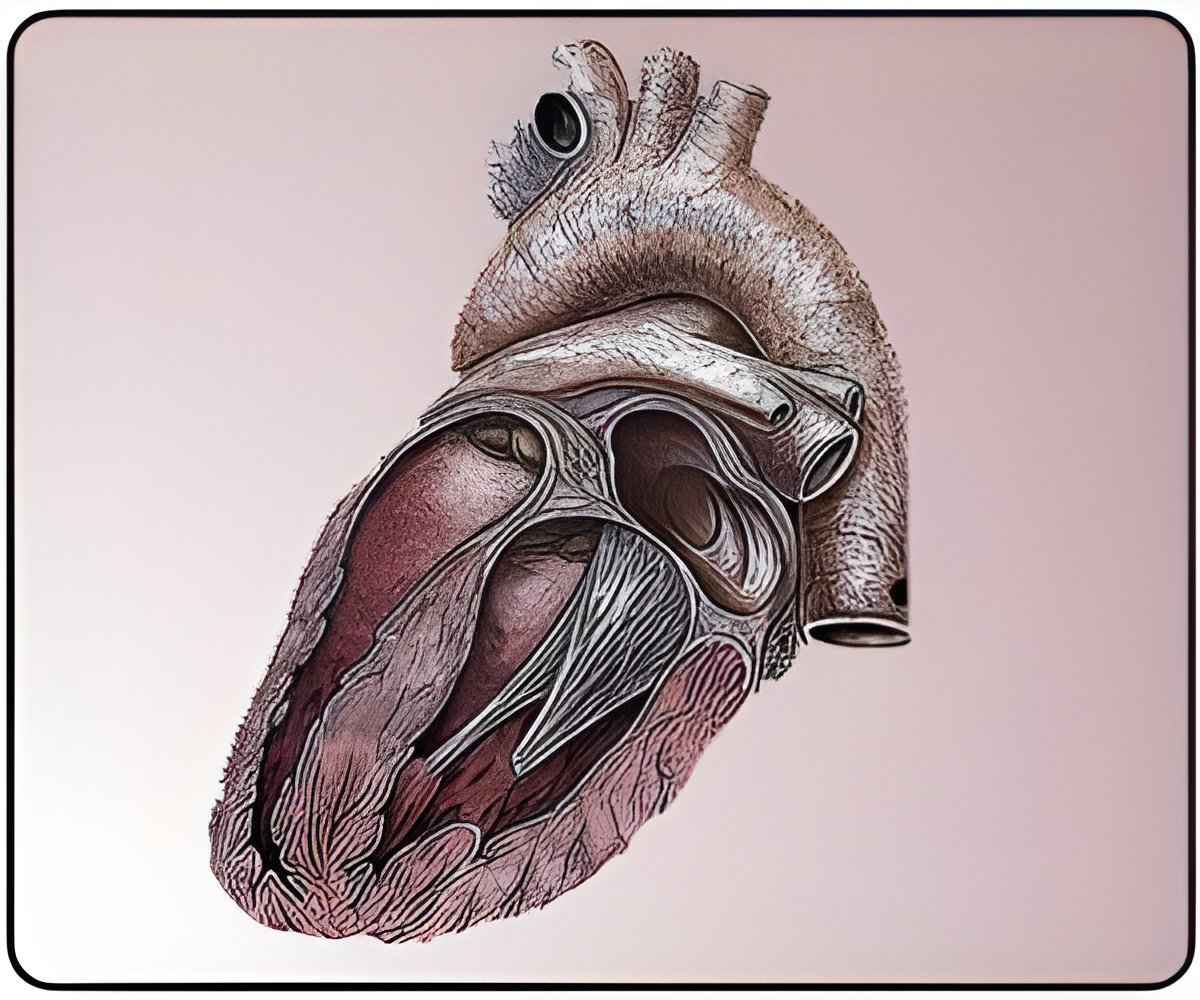
‘The most common cause of myocarditis is an infection usually viral that can damage heart muscle chronically or acutely in otherwise healthy people.’
Tweet it Now
Leslie Cooper Jr., M.D., cardiologist and chair, Cardiovascular Department, on Mayo Clinic's campus in Florida, reported in the Lancet global disease study that cases of myocarditis have increased from about 1.5 million annually to 2.2 million cases from 2013 to 2015. Although the exact incidence of myocarditis in the U.S. has not been reported, it is estimated that several thousand patients -- most of them 40 or younger are diagnosed. In the Journal of the American College of Cardiology study, he found that the rate of myocarditis and associated death is much higher in men than in women. This is likely due to testosterone-driven inflammation.
Early diagnosis is key to preventing long-term heart damage from myocarditis, Dr. Cooper says. If chronic disease results, scarring in the heart can promote heart failure. Although standard therapies are used to control symptoms of heart failure, new investigational therapies soon may enter clinical trials, and new management of the disorder is being discussed, Dr. Cooper says.
"We are on a quest for advances in treating this disorder," he says. The most common cause of myocarditis is an infection usually viral that can damage heart muscle chronically or acutely in otherwise healthy people, Dr. Cooper says. Infections that affect the heart differ around the globe. In the U.S., a dozen common pathogens can be responsible.
An example is coxsackie virus, which up to 70 percent of U.S. residents have been exposed to by the time they are 30. "But only 1 to 2 percent of people with acute coxsackie virus infection develop cardiac symptoms," Dr. Cooper said.
Advertisement
To prevent the disorder from worsening in children, Dr. Cooper suggests that aerobic exercise be limited for several weeks after a suspected coxsackie virus infection, and "if a child or adolescent develops breathing difficulties or chest pain with evidence of myocarditis, my recommendation is to avoid competitive sports for at least three months," Dr. Cooper says.
Advertisement
Most people (60-70 percent) with acute cardiomyopathy from myocarditis get better. About 10-15 percent develops irreversible chronic disease due to scars in the heart created by the infection, Dr. Cooper says. These patients are treated with standard heart failure therapies, but 20 percent die during the decade following infection due to heart failure.
"I see patients everyday with this disorder," Dr. Cooper says. "We are on the cusp of trying more tailored treatment, and it can't come soon enough."
Source-Eurekalert









